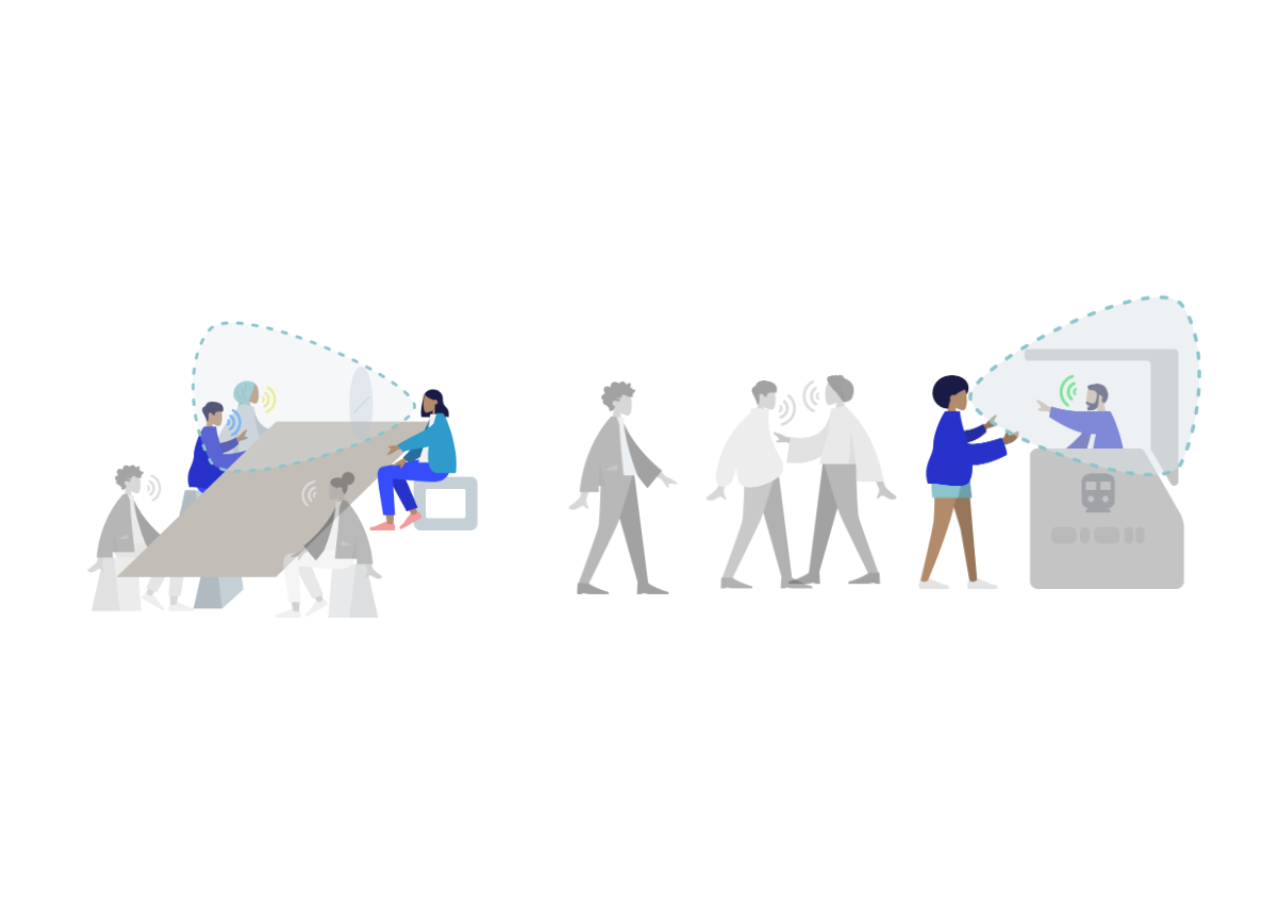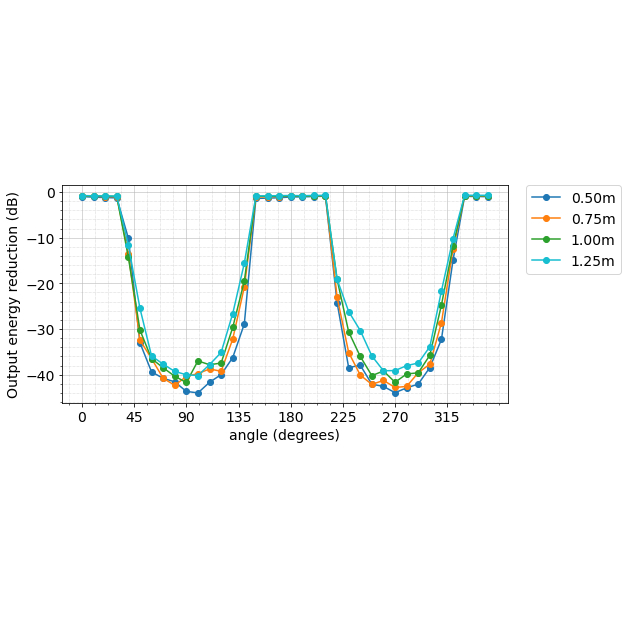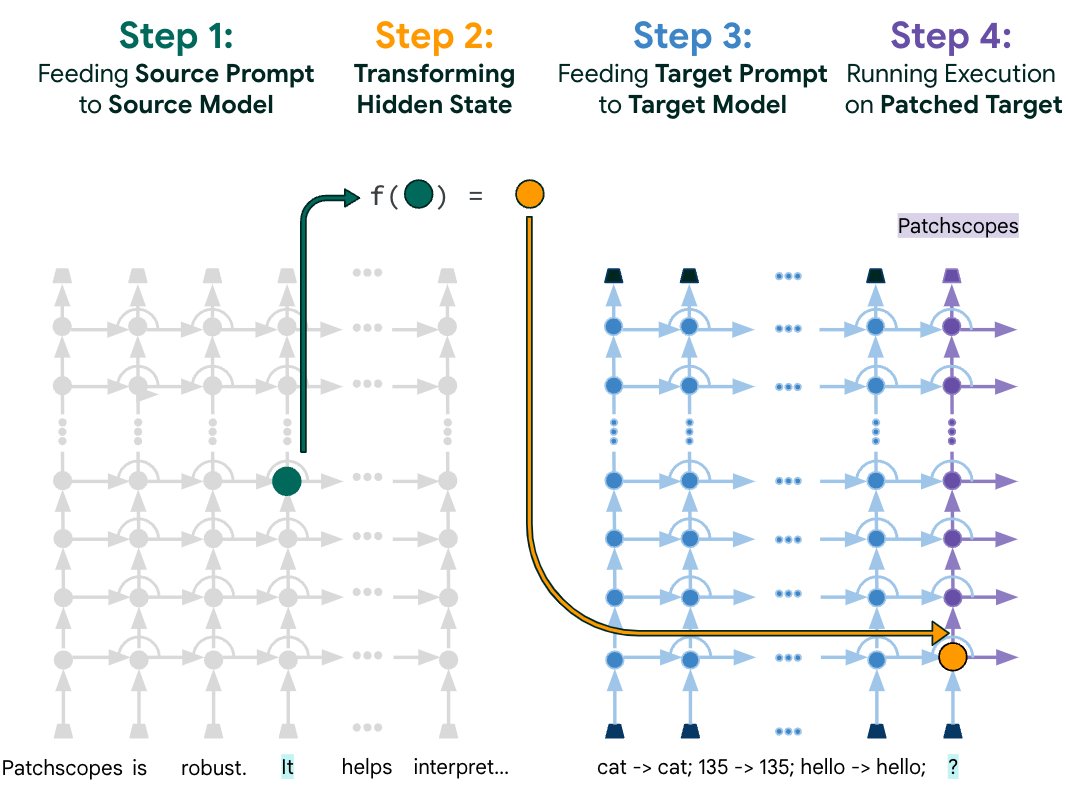
Introducing the Inclusive Images Competition
September 6, 2018
Posted by Tulsee Doshi, Product Manager, Google AI
The release of large, publicly available image datasets, such as ImageNet, Open Images and Conceptual Captions, has been one of the factors driving the tremendous progress in the field of computer vision. While these datasets are a necessary and critical part of developing useful machine learning (ML) models, some open source data sets have been found to be geographically skewed based on how they were collected. Because the shape of a dataset informs what an ML model learns, such skew may cause the research community to inadvertently develop models that may perform less well on images drawn from geographical regions under-represented in those data sets. For example, the images below show one standard open-source image classifier trained on the Open Images dataset that does not properly apply “wedding” related labels to images of wedding traditions from different parts of the world.
 |
| Wedding photographs (donated by Googlers), labeled by a classifier trained on the Open Images dataset. The classifier’s label predictions are recorded below each image. |
In support of this effort and to spur further progress in developing inclusive ML models, we are happy to announce the Inclusive Images Competition on Kaggle. Developed in partnership with the Conference on Neural Information Processing Systems Competition Track, this competition challenges you to use Open Images, a large, multilabel, publicly-available image classification dataset that is majority-sampled from North America and Europe, to train a model that will be evaluated on images collected from a different set of geographic regions across the globe.
Crowdsource project, where we asked our volunteers from across the globe to participate in contributing photos of their surroundings. We hope that these datasets, built by donations from Google’s global community, will provide a challenging geographically-based stress test for this competition. We also plan to release a larger set of images at the end of the competition to further encourage inclusive development, with more inclusive data.
Inclusive Images Competition website.
The results of the competition will be presented at the 2018 Conference on Neural Information Processing Systems, and we will provide top-ranking competitors with travel grants to attend the conference (see this page for full details). We look forward to being part of the community's development of more inclusive, global image classification algorithms!
Acknowledgements
We would like to thank the following individuals for making the Inclusive Image Competition and dataset possible: James Atwood, Pallavi Baljekar, Parker Barnes, Anurag Batra, Eric Breck, Peggy Chi, Tulsee Doshi, Julia Elliott, Gursheesh Kour, Akshay Gaur, Yoni Halpern, Henry Jicha, Matthew Long, Jigyasa Saxena, Richa Singh and D. Sculley.




